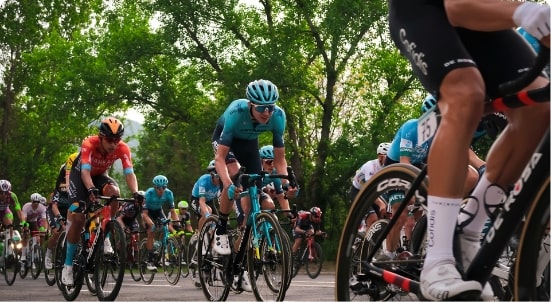Featured blogs.
-
-
Latest Post
Lucky pigs and dancing lions: Gōng xǐ fā cái!
Read more: Lucky pigs and dancing lions: Gōng xǐ fā cái!This year, Chinese New Year is celebrated on 5 February 2019. Also known as the Spring Festival it is based on a lunar…
-
-
Keep
up to datein the
world of translation.
All Posts.
-

Chinnovation and Why it Matters
to Western BrandsRead more: Chinnovation and Why it MattersBrands often forget that they need a China-specific strategy, and may attempt a one-size fits all approach to a market of 1 billion.
to Western Brands -

100 years of Le Mans
Read more: 100 years of Le Mans10th June 2023 marked the hundredth anniversary of Le Mans, which takes place at the 13-km-long Circuit de la Sarthe, in northern France
-

International Booker Prize 2023
Read more: International Booker Prize 2023The International Booker Prize 2023 was held on Tuesday May 23, 2023. The winner was Time Shelter by Bulgarian author Georgi Gospodinov.
-

Countdown to Giro’s Big Start –
and the Italian language of pro cyclingRead more: Countdown to Giro’s Big Start –The Giro d’Italia, together with the Tour de France and the Vuelta a España, is one of pro cycling’s three Grand Tours. It’s a 3-week stage…
and the Italian language of pro cycling -

What’s your pasta?
Read more: What’s your pasta?As the 2023 Giro d’Italia reaches its half way stage, we look at the origins of pasta – Italy’s staple food and the fuel of pro-cyclists…
-

Translation Agencies: Theory
versus PracticeRead more: Translation Agencies: TheoryBy Rachel Herring, postgraduate translation student at the University of Bath and recent intern at Etymax – Global Language Solutions
versus Practice
Get in touch about your project.
Request a quotation or get in touch with our team to discuss your requirements. We look forward to helping you with your next project.





